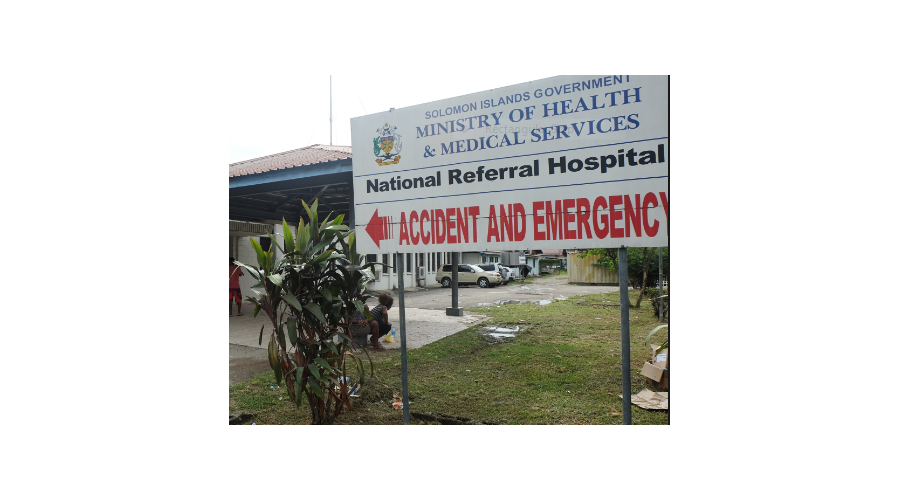In Honiara last week, the Ambassador designate of Israel to Solomon Islands and to the Pacific Island States, His Excellency Roi Rosenblit, based in Tel Aviv, held discussions with Prime Minister Manasseh Sogavare on future development cooperation and “ways to explore new prospects of enhancing current cooperation.”
During the discussions, Ambassador Roi said, in terms of education, Israel offered Solomon Islanders scholarships to undertake agriculture studies at Israel’s AICAT College. The initiative to enhance new agricultural skills and know-how and develop their expertise in the related fields of agriculture.
Currently, there are no Solomon Islanders enrolled under this AICAT program.
The Prime Minister reportedly said to the Ambassador. Solomon Islands looks to Israel in areas of technology transfer (ICT), capacity building through educational research and training, agriculture and food security.
A previous visiting Israeli Ambassador to the Solomon Islands, one then based in Canberra, told the PM at the time (a matter I wrote about) that Israel would help the Solomon Islands health sector, but nothing very much, if anything transpired after that meeting, although one young Solomon Islander did get a medical transfer to an Israeli hospital where he was successfully given surgery and returned home free of his previous life threatening rheumatic heart disease (RHD).
I am rather surprised that Prime Minister Sogavare did not ask the visiting Israeli Ambassador this time around for help in seeing those patients at the National Referral Hospital already assessed as likely to benefit from heart surgery, or heart valve surgery, and having rheumatic heart disease, could be transferred to Israeli hospitals for possible life saving treatment not available at home.
Some of the current RHD patients at the NRH include young children.
If Israel is prepared to cover the costs of sending Solomon Islanders to Israeli’s specialist agricultural college, then why not pay for the air fares and medical costs of RHD patients that presently remain sick and virtually in limbo at the NRH as in-patients, or long-term outpatients because the NRH does not have its own budget to pay for medical transfers and costs associated with RHD treatment, but also getting a patient admitted to a hospital in either Australia or New Zealand is not easy for many reasons.
Medical transfers to hospitals in India for RHD patients is also constrained by travel costs and hospital charges, but on the whole cheaper and easier than the overall costs associated with medical transfers to Australia and New Zealand, assuming hospitals in those countries are willing and able to accept RHD patients transferred from the NRH.
India has good hospitals and top specialist to be able to treat RHD patients, as I written about several times, but I do not know how the MMHS has looked into acquiring India’s assistance, if yet at all.
Israel has specialist ways of treating diabetes, a matter the late Star Dora often raised, and a treatment option once studied by two of the NRH’s top doctors, but never adopted in the Solomon Islands because the treatment being used in Israel, although shown to be effective, has not yet been officially approved by the agency that officially rules on such affairs, possibly the US Food and Drug Administration,
My thinking is that now we officially know there will be no new NRH for at least another decade, Israel could assist the Solomon Islands with medical transfers, diabetes treatment and with other health issues than are already putting a great strain on the NRH including the doctors, nurses and administrators.
Given the rate of NCDs in the Solomon Islands and the impact on health, then I really believe Israel could be of real help to the Solomon Islands in assisting the MHMS/NRH with practical solutions and I would please request the Israeli Government to do so.
Yours sincerely
Frank Short



